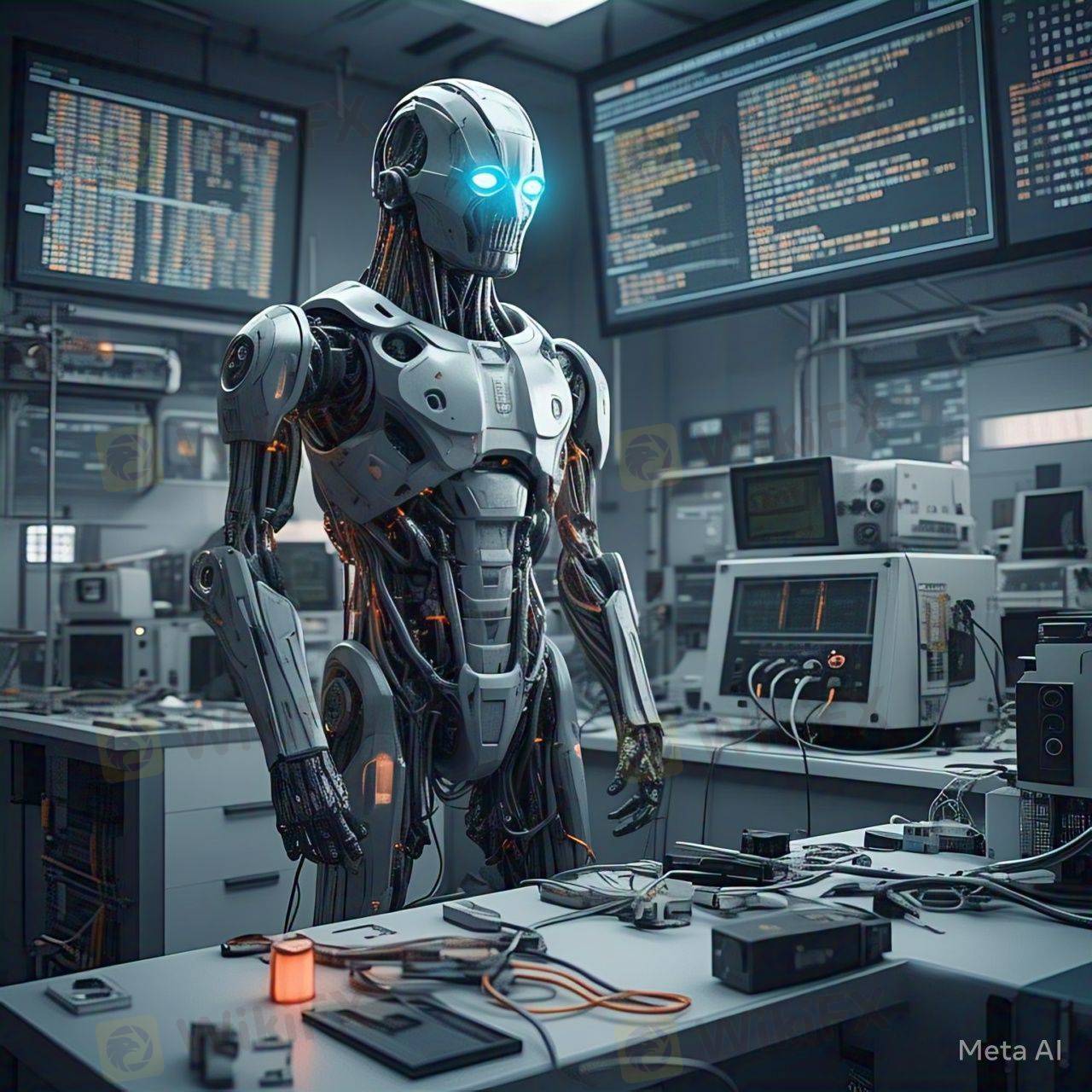
2025-02-17 19:04
ОтраслевойThe Economics of Artificial Intelligence (AI) is a
#firstdealofthenewyearastylz
The Economics of Artificial Intelligence
The Economics of Artificial Intelligence (AI) is a rapidly growing field that explores the impact of AI on economies, businesses, and societies. Here are some key aspects:
Benefits of AI
1. *Increased Productivity*: AI automates tasks, freeing human labor for more creative and strategic work.
2. *Improved Decision-Making*: AI analyzes vast amounts of data, enabling better decision-making in fields like finance, healthcare, and marketing.
3. *Innovation and Growth*: AI drives innovation, creating new industries, products, and services.
Challenges of AI
1. *Job Displacement*: AI may automate jobs, potentially displacing workers, especially in sectors with repetitive or routine tasks.
2. *Income Inequality*: AI may exacerbate income inequality if its benefits accrue mainly to those already wealthy or skilled.
3. *Bias and Ethics*: AI systems can perpetuate biases and raise ethical concerns, such as privacy and accountability.
Economic Impact of AI
1. *GDP Growth*: AI is expected to contribute significantly to GDP growth in various countries.
2. *New Business Models*: AI enables new business models, such as subscription-based services and data-driven consulting.
3. *Changes in Employment*: AI may lead to changes in employment patterns, with a greater emphasis on skills like creativity, empathy, and critical thinking.
Policy and Regulatory Considerations
1. *Education and Training*: Governments may need to invest in education and training programs that prepare workers for an AI-driven economy.
2. *Regulation and Standards*: Policymakers may establish regulations and standards to ensure AI systems are transparent, accountable, and fair.
3. *Social Safety Nets*: Governments may need to strengthen social safety nets to support workers displaced by AI.
Would you like me to provide more information or resources on this topic?
Нравится 0

Adekunle6511
Brokers
Популярные обсуждения
Технический показатель
Розыгрыш Xiaomi Redmi Note 9 и 20-и VIP-подписок
Технический показатель
ВЫСКАЗЫВАНИЯ БАЙДЕНА ДАВЯТ НА ВАЛЮТЫ РАЗВИВАЮЩИХСЯ СТРАН
Технический показатель
Европа заключила совместный контракт на поставку ремдесивира для лечения COVID-19...
Технический показатель
Индия: Решение Резерв. Банка Индии по проц. ставке, 4%, ожидалось 4%...
Анализ котировок
Китай: Индекс деловой актив. в сф. услуг Caixin PMI, Сентябрь, 54,8 п.
Технический показатель
События предстоящего дня: "АЛРОСА" опубликует результаты продаж за сентябрь...
Классификация рынка

Платфоома

Выставка

Агент

Вакансии

EA

Отраслевой

Котировки

Показатель
The Economics of Artificial Intelligence (AI) is a
 Гонконг | 2025-02-17 19:04
Гонконг | 2025-02-17 19:04#firstdealofthenewyearastylz
The Economics of Artificial Intelligence
The Economics of Artificial Intelligence (AI) is a rapidly growing field that explores the impact of AI on economies, businesses, and societies. Here are some key aspects:
Benefits of AI
1. *Increased Productivity*: AI automates tasks, freeing human labor for more creative and strategic work.
2. *Improved Decision-Making*: AI analyzes vast amounts of data, enabling better decision-making in fields like finance, healthcare, and marketing.
3. *Innovation and Growth*: AI drives innovation, creating new industries, products, and services.
Challenges of AI
1. *Job Displacement*: AI may automate jobs, potentially displacing workers, especially in sectors with repetitive or routine tasks.
2. *Income Inequality*: AI may exacerbate income inequality if its benefits accrue mainly to those already wealthy or skilled.
3. *Bias and Ethics*: AI systems can perpetuate biases and raise ethical concerns, such as privacy and accountability.
Economic Impact of AI
1. *GDP Growth*: AI is expected to contribute significantly to GDP growth in various countries.
2. *New Business Models*: AI enables new business models, such as subscription-based services and data-driven consulting.
3. *Changes in Employment*: AI may lead to changes in employment patterns, with a greater emphasis on skills like creativity, empathy, and critical thinking.
Policy and Regulatory Considerations
1. *Education and Training*: Governments may need to invest in education and training programs that prepare workers for an AI-driven economy.
2. *Regulation and Standards*: Policymakers may establish regulations and standards to ensure AI systems are transparent, accountable, and fair.
3. *Social Safety Nets*: Governments may need to strengthen social safety nets to support workers displaced by AI.
Would you like me to provide more information or resources on this topic?
Нравится 0
Я тоже хочу высказать замечания.
Задать вопрос
0Комментарии

Пока нет комментариев, оставьте комментарий первым

Задать вопрос
Пока нет комментариев, оставьте комментарий первым